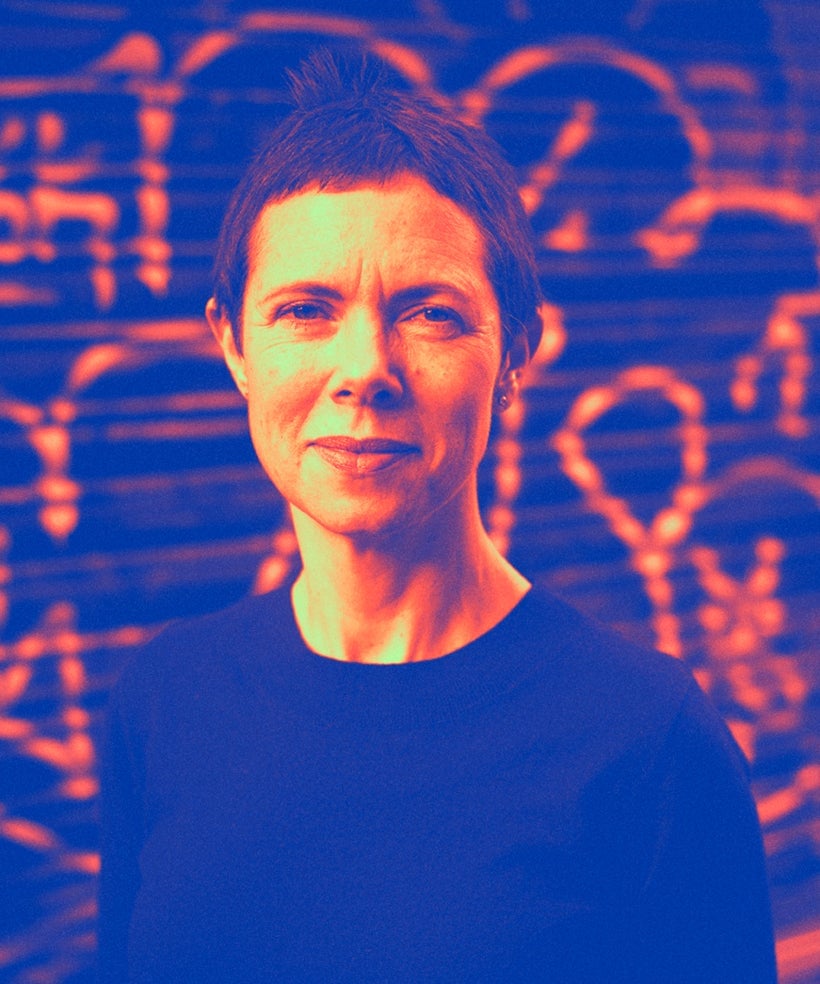Hilary Cottam says the pandemic has reminded us of the joy of connecting with others
It took a global pandemic and stay-at-home orders for 1.5 billion people worldwide, but something is finally occurring to us: The future we thought we expected may not be the one we get.


It took a global pandemic and stay-at-home orders for 1.5 billion people worldwide, but something is finally occurring to us: The future we thought we expected may not be the one we get.
We know that things will change; how they’ll change is a mystery. To envision a future altered by coronavirus, Quartz asked dozens of experts for their best predictions on how the world will be different in five years.
Below is an answer from Hilary Cottam, an author, innovator, and change-maker. Her most recent book, Radical Help: How we can remake the relationships between us and revolutionize the welfare state, was published in 2018.
We have experienced mass participation and we will be changed by the experience.
In response to the pandemic, millions across the world have signed up in big ways and small to take care of others. In the UK, where I live, streets and villages have organized to take care of neighbors, to make sure those on their own have someone to chat to over the fence, that medicines are delivered and masks made. Children who have gone without school meals have been supported by their communities; during Ramadan, Iftar was prepared by community groups to make sure no one went without. In a time of loss and deep suffering, new forms of spontaneous social infrastructure have emerged.
We should not expect all or even any of these organizations to last beyond the current emergency, but we can know for sure that the millions who have participated will not forget the joy of helping or the new connections made.
In Britain, something similar happened over 70 years ago in a different crisis: that of war. The second world war exposed the fragilities of patchwork 19th-century social systems. It also disrupted assumptions about how others lived and what is just. Rubbing together in war duties, whether on the front line or on the home front, the strict boundaries of the British class system became frayed. Those with greater means were surprised to learn of the realities of poverty, and in particular that its roots did not lie in laziness but in more complex structural and cultural barriers.
The shared experience of mass participation in the second world war was a critical factor in the birth of the post-war social settlement. It paved the way for the welfare state, and for similar social settlements across the world.
Take care of everyone. In my book Radical Help, I describe what a 21st-century social system would look like; how we could design a culture of care and connection that would take care of everyone cradle to grave. I hope that the experience of getting to know one another again, in this time of crisis, will move that reality a little closer. I am quite sure that we will not forget this experience of rolling up our sleeves and taking part, and we will be changed by it.
To read more New Normal answers, click here.